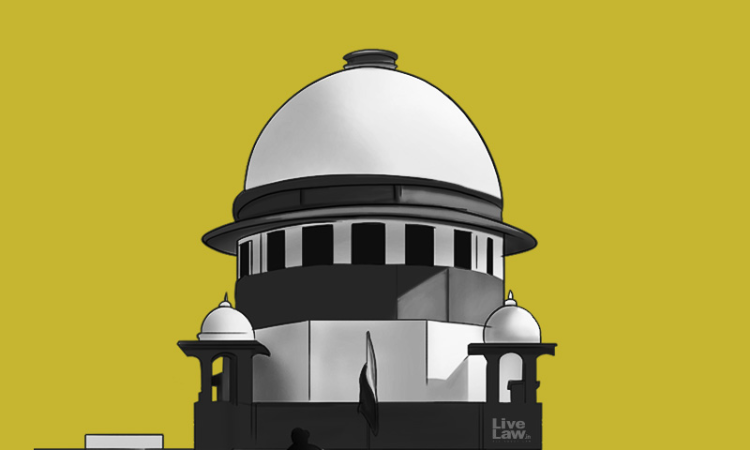PIL In Supreme Court Challenges Laws On Religious Conversions "In The Name of Love Jihad" Passed By UP and Uttarakhand
Sanya Talwar
3 Dec 2020 4:27 PM IST

Next Story
3 Dec 2020 4:27 PM IST
A PIL has been filed in the Supreme Court challenging the laws passed by the states of Uttarakhand and Uttar Pradesh on religious conversions in the name of "love jihad".The PIL has been filed by lawyers Vishal Thakre, Abhay Singh Yadav and Pranvesh, who are practicing lawyers in Delhi, challenge the constitutionality of the recently promulgated Uttar Pradesh Prohibition of Unwlaful Conversion...
